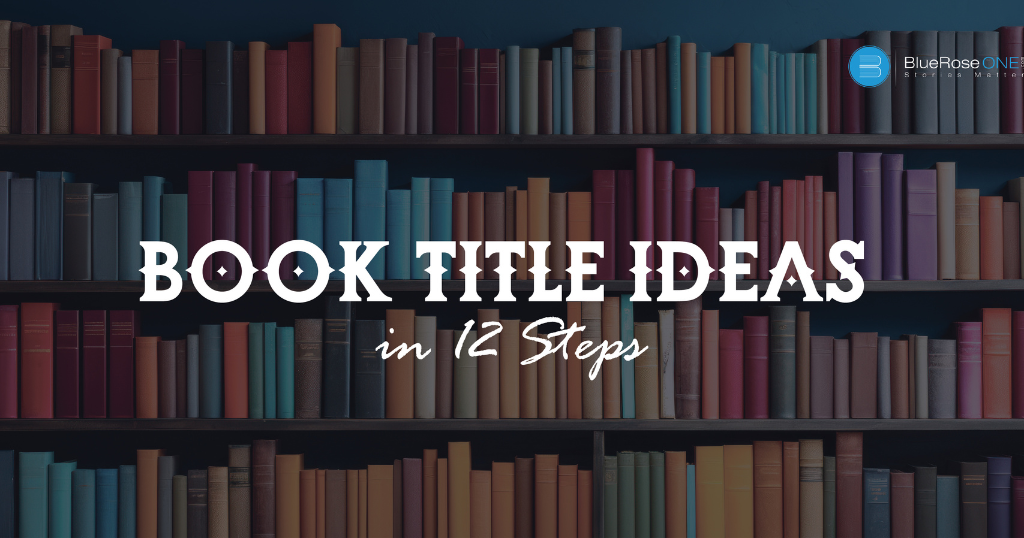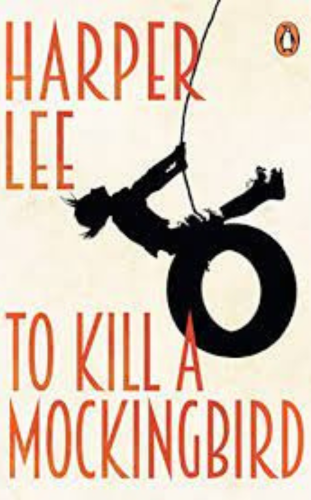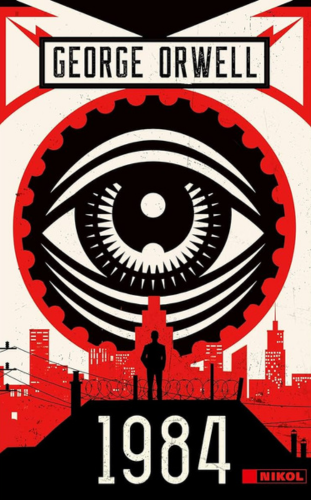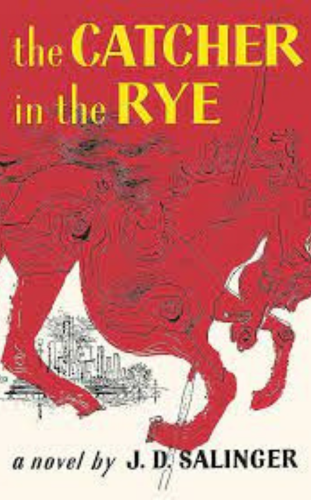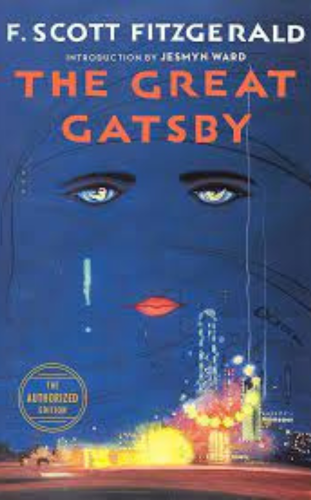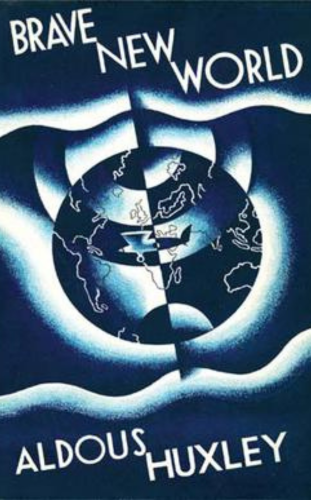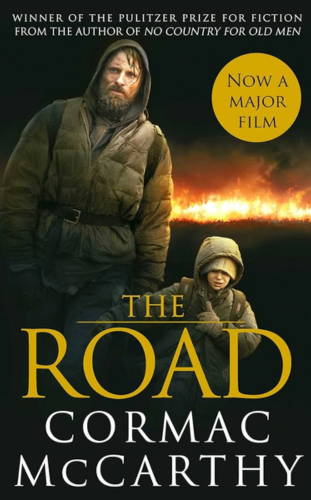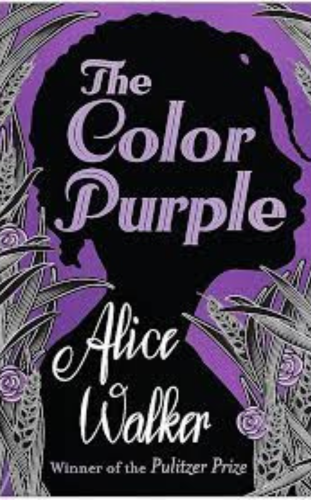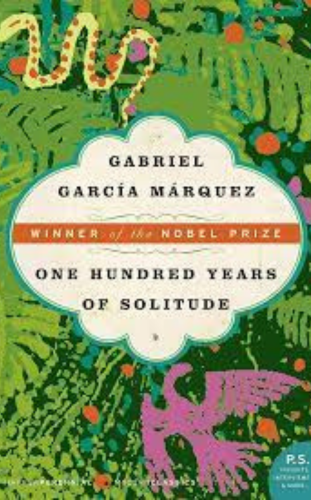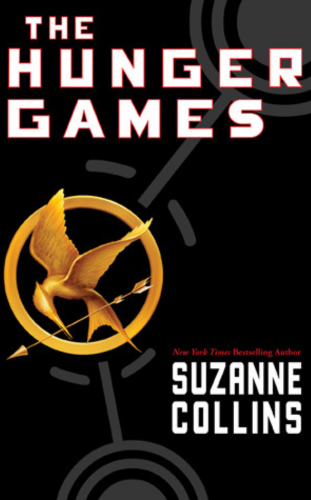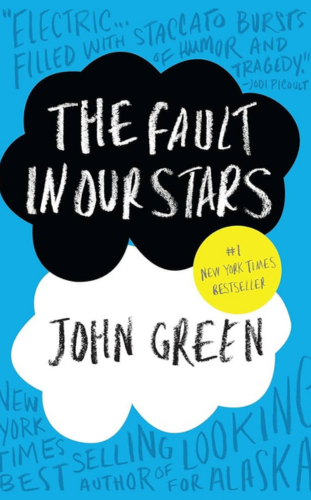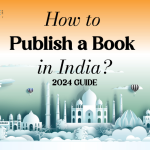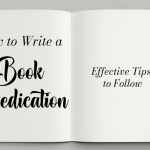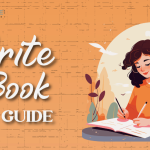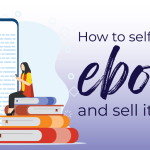Beginning the process of creating a book may be both exhilarating and intimidating. You’ve put your heart and soul into the pages, but now comes the difficult task of coming up with the right title. The procedure may not be the most difficult, but it is certainly one of the most important components that might influence the fate of your book. Crafting intriguing book title ideas is critical since they influence your book’s placement and, as a result, its sales potential.
Titles act as brief hooks, advertising your work in a concise manner. In this day and age, where Amazon is the key source for book purchases, the searchability of your title is critical. It’s the first thing readers notice when discovering new publications, and it may frequently impact their choice to click and learn more in a matter of seconds. The art of creating the right title is a delicate combination of distinctiveness, relevancy, and the ability to capture your target audience. Join us as we discuss the significance of this process and lead you through the process of developing a title that not only stands out but also connects with your intended readership.
You may also read: 10 Best Books on Writing Every Aspiring Authors Should Read
What factors chip in while deciding for a title?
Choosing the ideal title for a book necessitates careful consideration of several essential elements.
- Grasp the heart of the book
To begin, it is critical to grasp the heart of the book—its major ideas, unique selling features, and overall message. A title should encompass these aspects, providing a look into the essence of the story. For example, if your story is about overcoming misfortune, a title like “Unbroken Threads” captures the sense of perseverance. - Get you target audience right
Determining the target demographic is also important; a title that connects with the targeted readership improves the book’s attractiveness. A title like “Echoes of Adolescence” can appeal with young adults, emphasising themes of self-discovery and progress. - Stick to the Genre
Genre standards are important since a title should conform to expectations while being distinctive. A title like “Whispers in the Shadows” sticks to standards while promises suspense in a mystery novel. - Be Unique and not the same
It is critical to check for existing titles in order to assure uniqueness and avoid misunderstandings. A title like “Mindfulness Unleashed” provides distinctiveness in a competitive market for a self-help book. - Tonality and Enigmatism should be kept in mind
The tone of the book, whether amusing, suspenseful, or informational, helps create reader expectations. Another important consideration is emotional effect; a title should arouse interest, excitement, or mystery in order to catch attention. A title like “Laugh Lines and Life Lessons” creates expectations and evokes a favourable emotional reaction in a humorous biography. - Be digitally apt
In the digital world, optimising for search engines is critical; thus, SEO-friendly terms must be considered. A title like “Savouring Simplicity: Easy Recipes for Busy Lives” for a cookbook combines keywords for internet exposure. - Make an impression
Conciseness is important since a concise and memorable title is more likely to create an impression. In a thriller, a title like “Silent Shadows” is brief yet memorable, piqueing readers’ interest in the intriguing plot. - Consider visual coherence and domain availability
A well-rounded decision-making process includes visual coherence with the book cover, domain availability for online presence, and testing prospective titles with a limited audience. A title like “WanderlustChronicles.com” ensures coherence between the title and domain when developing an online presence. - Follow your intuition
Finally, following one’s intuition is critical in ensuring that the chosen title accurately describes the book while also attracting the audience it aims to engage. If a title like “Whispers of Serenity” speaks to you and captures the tranquil nature of your poetry collection, it’s probable that it will do the same for your readers.
You may also like: 10 Tips on How to Build a Fanbase of Readers
What does a title of a book conveys?
A book’s title acts as a concise yet powerful introduction to its core, functioning as a literary ambassador who transmits critical information to potential readers. A well-crafted title is more than just a label; it conveys the book’s fundamental topics, emotions, or unique selling features. It is a condensed version of the narrative’s essence, giving readers a look into the world they are about to enter.
A title expresses the genre and tone of the book, setting the tone for the reading experience. The title makes a preliminary link between the book and its target audience, whether it’s an exciting mystery, a touching romance, or a thought-provoking nonfiction article. It also functions as a mnemonic technique, assisting readers in remembering and recommending the work.
You may also like: Negative Adjectives to Describe People: Examples and Meanings
How to decide on a title from multiple options?
Choosing the best title from a sea of possibilities necessitates a deliberate and strategic approach. Begin by evaluating your book’s primary concepts and messages, making sure that each prospective title corresponds with the essence you want to portray. Consider your target demographic and choose a title that will pique their interest and pique their curiosity.
Next, consider each option’s emotional impact. Is the title able to elicit the appropriate feelings and intrigue? To measure their emotions, seek comments from trustworthy friends, writing groups, or even future readers. External opinions can give significant information and assist you in determining which titles are most popular.
Examine the brevity of each alternative. A short and distinctive title is more likely to create an impression. If you intend to create an online presence for your book, check for domain availability.
Align each title with the cover design to provide visual continuity. A smooth interplay between the title and cover improves your book’s overall attractiveness. Finally, go with your gut impulses. Choose a title that is not only marketable and searchable, but also connects with you personally. The final choice should accurately represent your book while also attracting your target audience.
Some powerful titles that have created an impact on the reader –
- “To Kill a Mockingbird” by Harper Lee
- 1984 by George Orwell
- “The Catcher in the Rye” by J.D. Salinger
- The Great Gatsby by F. Scott Fitzgerald
- Brave New World by Aldous Huxley
- The Road by Cormac McCarthy
- The Colour Purple by Alice Walker
- One Hundred Years of Solitude by Gabriel Garcia Marquez
- The Hunger Games by Suzanne Collins
- The Fault in Our Stars by John Green
"To Kill a Mockingbird" by Harper Lee
This title is both vivid and symbolic, perfectly reflecting the novel’s investigation of racial injustice. It encourages readers to reflect on the fundamental concepts of morality and compassion.
1984 by George Orwell
This dystopian classic’s number title quickly transfers readers to a precise moment, generating a sense of urgency and expectation. It has come to be associated with the novel’s examination of tyranny and surveillance.
You may also like: Archangels Names List: Meanings, Powers, and Symbolism
The Great Gatsby by F. Scott Fitzgerald
The allure and debauchery of the Roaring Twenties are captured in this title. Its symbolic illustration of the ephemeral character of the American Dream resonates with readers.
Brave New World by Aldous Huxley
Huxley’s title is an ironic reference to Shakespeare’s “The Tempest” and reflects the dystopian image of a highly regimented, conformist society. It has resonance because of its insight into society challenges.
The Road by Cormac McCarthy
Simplicity meets power in this title, reflecting the raw and haunting nature of the post-apocalyptic journey depicted in the novel. It strikes a chord with readers for its emotional depth.
You may also like: 150+ Positive Words That Start with O to Brighten Your Vocabulary
The Color Purple by Alice Walker
This title is vibrant and symbolic, representing both the struggles and triumphs of African American women in the early 20th century. It resonates for its intersectionality and resilience.
One Hundred Years of Solitude by Gabriel Garcia Marquez
The title captures the epic scope of Marquez’s magical realist novel, suggesting a timeless quality. It resonates for its intricate exploration of family, history, and the passage of time.
The Hunger Games by Suzanne Collins
The title immediately conveys the intensity and brutality of the dystopian competition central to the story. It resonates for its gripping portrayal of survival and resistance.
The Fault in Our Stars by John Green
This title, drawn from Shakespeare’s “Julius Caesar,” immediately invokes a sense of fate and destiny. It resonates for its poignant exploration of love, loss, and the human condition.
Finally, it is clear that a title is more than just a label; it is a powerful communicator, connecting the author’s creativity with the reader’s interest. The art of title creation is a delicate word ballet, a complicated process in which each decision is a brushstroke on the canvas of literary attraction. It is more than a descriptive; it is the initial impression, the key that unlocks the narrative’s core.
This craftsmanship guarantees that a title not only stands out in the literary world, but also connects with potential readers, forming a harmonic relationship. Thus, creating a title becomes an important part of an author’s journey, an artistic endeavour that takes the work to its proper position in the great domain of literature.
Publish your book with BlueRoseONE and become a bestselling author. Don’t let your dream of becoming an author fade away, grab the opportunity now and publish your book – be it fiction, non fiction, poetry or more.

